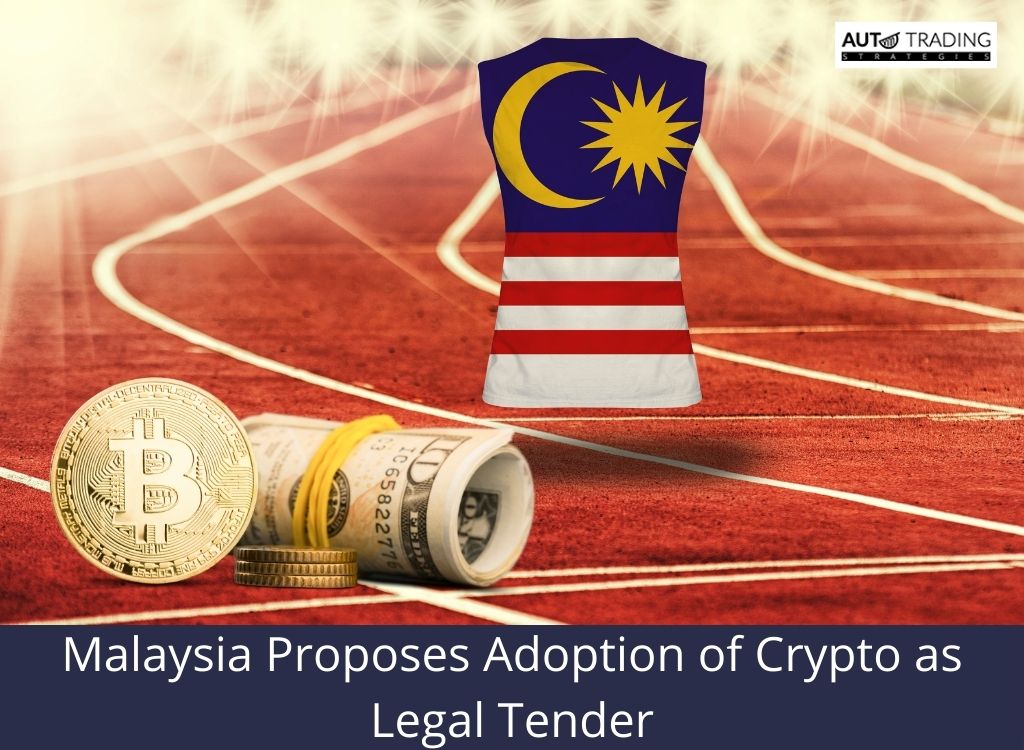The Malaysian Ministry of Communication and Multimedia (KKMM) reportedly has asked the government to legalize certain use cases of Cryptocurrencies and Non-Fungible tokens (NFT) in Malaysia.
Deputy Minister for Communications and Multimedia, Datuk Zahidi, has urged financial regulators in the country to adopt crypto as legal tender. Traditionally, the Malaysian government has been against the use of Crypto as a payment method.
Mr. Zahidi proposed that measures in favor of digital currencies will support Young people. The Crypto industry is already very popular among the younger generation in Malaysia. Therefore, KKMM is researching additional ways through which youth could participate in the digital assets industry.
Comms Ministry in Malaysia proposes adopting cryptocurrency as legal tender “to help the younger generation who are active users of the currency, especially on non-fungible token (NFT) trading platforms”https://t.co/m4vXcsfMRr
— Zhu Su 🔺🌕 (@zhusu) March 21, 2022
The deputy minister also pointed out that the fate of crypto in the country can be decided by financial regulators such as the Central Bank and Securities Commission of Malaysia. Nevertheless, the minister deemed it necessary to bring up the issue as crypto is the “business and financial program of the future, especially for young people now,” Zahidi added.
“We hope the government can try to legalize this matter so that we can expand the participation of young people in cryptocurrencies and help them in terms of energy consumption and so on.”
Earlier this month, the Finance Minister of Malaysia termed Cryptocurrency payments in Bitcoin and Ethereum as Illegal because the currency did not meet the universal characteristics of money.
Ever since El Salvador adopted Bitcoin as Legal Tender, many countries have been planning to get into the crypto space. The central American state, Honduras is also planning to accept Bitcoin as legal tender. The president of the country reportedly said “We must not allow El Salvador to be the only country escaping dollar hegemony.”




